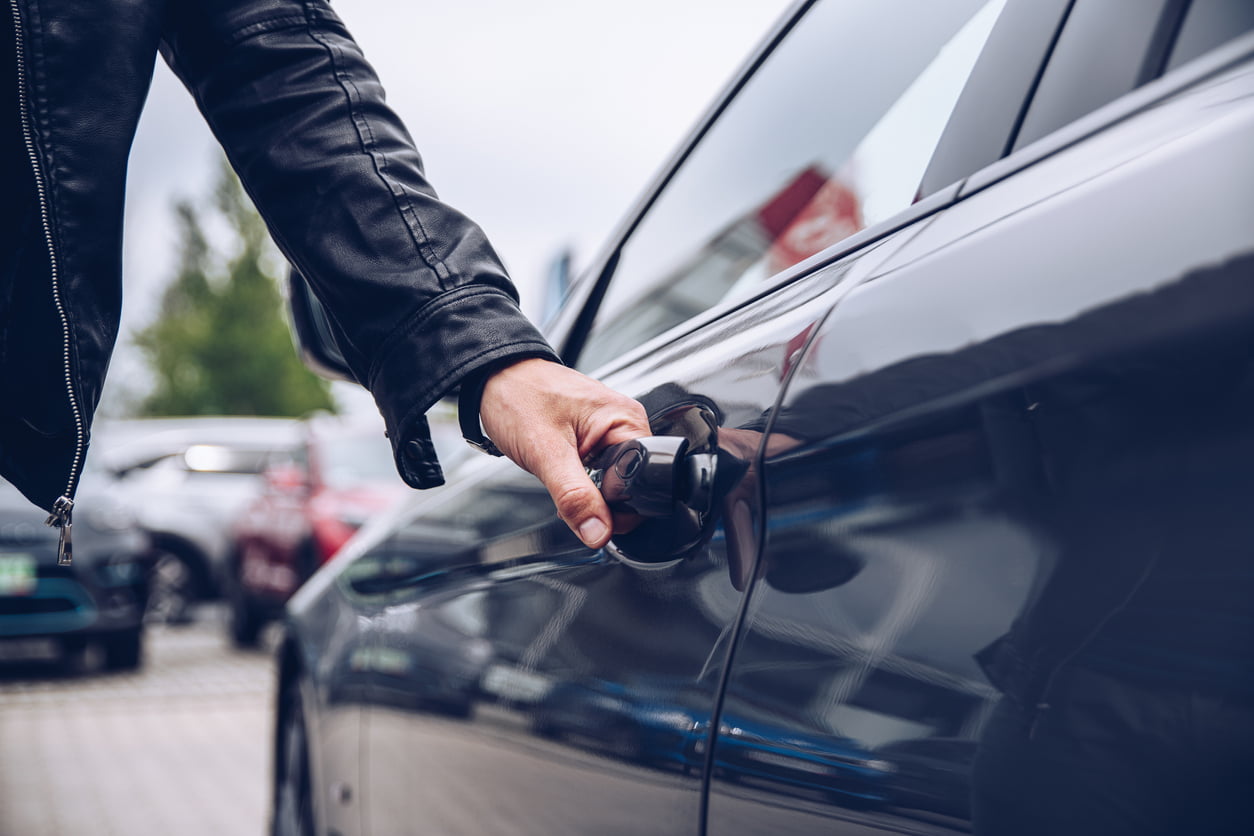Did you finally purchase that classic convertible you’ve always dreamed of? Have you recently taken up motorcycle driving as a new hobby? Are you planning on getting a snowmobile for some winter fun? If you’ve answered yes to any of these questions, you may be curious about seasonal vehicle insurance, amd what it is exactly. There are many instances where a vehicle will not receive use all year round. With this is a common misconception that you must insure your vehicle 365 days of the year anyway. Fortunately, that isn’t always the case. Read on to learn everything there is to know about seasonal vehicle insurance, and whether or not it applies to you..
What is seasonal vehicle insurance exactly?
Seasonal vehicle insurance is exactly what it sounds like, insurance that you don’t pay year-round! Most vehicles need to be insured by law, but if you don’t ride it year-round, you could save yourself some money by only insuring it a portion of the year. Though you may receive the coverage you need by purchasing year-round insurance, doing so wouldn’t necessarily be a cheap option. If you have not yet purchased a seasonal vehicle but are considering it, talk to your insurance broker beforehand! Many insurance companies will offer specific types of insurance for vehicles such as classic cars. motorcycles or ATVs. These can sometimes be bundled with your standard auto insurance or other insurance types to produce some great savings.
What types of vehicles qualify?
There are many different vehicles that will qualify for seasonal vehicle insurance. Some examples of these vehicles would be:
- Classic cars
- Convertible cars
- Antique cars
- Motorcycles
- Dirt bikes
- Mopeds or motor scooters
- RVs
- ATVs
- Snowmobiles
Something to keep in mind is that many of these seasonal vehicles come with requirements set in place by the government. These rules allow for people to stay safe and are generally heavily set in place by insurance companies in order to continue insuring a vehicle. Some example of these requirements include:
- Minimum age set by government, depending on vehicle
- Insurance
- Licence and registration
- Helmet use
- Highway use and crossing
- Private property use
Types of seasonal vehicle insurance
If you’ve decided you’d like to go ahead with purchasing seasonal vehicle insurance, your next step will be choosing which type is best for you. Your options for coverage are as follows:
Comprehensive car insurance
Basic comprehensive car insurance for seasonal vehicles is the option most people will turn to when purchasing seasonal vehicle insurance. Typically, you will maintain your motorcycle or classic car insurance throughout the year as it will count for off-season storage. Although you will not be using your seasonal vehicle all 12 months of the year, it will still be protected against potential risks while in storage. This can include weather, fire, vandalism or theft. You will gain peace of mind knowing your vehicle is still protected during the months it isn’t in use!
Collision coverage
Collision coverage is another option you have when it comes to seasonal vehicle insurance, though not as popular. This is because you aren’t driving your vehicle for a large portion of the year, so your chances of a collision are drastically lowered. With this being said, it can still be recommended, depending on your situation. If you have a classic car or motorcycle that is parked in a public parking complex when not in use, there is a chance of a hit-and-run scenario occurring. This will be a situation where collision coverage can come in handy and help you pay for any damages.
Classic car insurance
If your seasonal vehicle is a classic car, you may want to look into classic car insurance! According to the Insurance Information Institute (III), a classic car is referred to as a “classic” once it reaches at least 25-30 years old, though the definition will vary. Classic car insurance will protect you from financial losses when it comes to your most prized possession. Many drivers will make the mistake of insuring their vintage car with a standard auto insurance policy. Though this is useful, there is a much cheaper alternative with classic car insurance.
These vintage vehicles are generally cheaper to insure due to the fact that insurance companies are aware they are on the road far less than the average and that their owners take great care of them. Classic car insurance will typically cover what a standard auto insurance policy does, such as collision, comprehensive and bodily injury liability.
So, should I make the switch to seasonal vehicle insurance?
If you are the owner of a seasonal vehicle, then we suggest you do. However, there are some things to keep in mind before making the switch. Upon discovering seasonal vehicle insurance, many people cancel their current plan. Though it may seem like a good option, many companies will have a fine attached when it comes to mid-policy cancellation. There may also be additional repercussions of a sudden cancellation. Contact your insurance provider or isure broker to determine next steps. From there, you can decide if you believe the long term savings will be worth it.
Driving a seasonal car should not warrant paying for insurance all year round. Instead, consider the alternatives to see just how much money you can save. Who knows, maybe after a few years it will be enough for another seasonal vehicle! Remember, if you are looking for auto insurance, whether seasonal or year-round, consider isure for a quote to see how much you can save.




